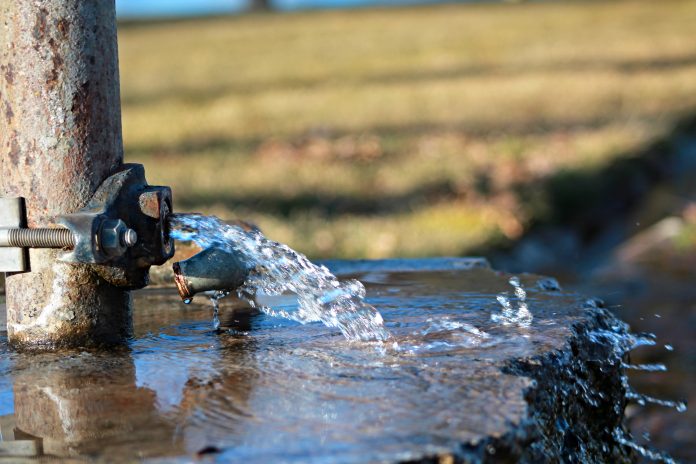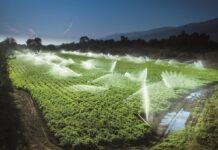Rezatec, a UK-based geospatial data analytics company, along with Australian water and sewerage utility, Unitywater, is trialling a pipeline leakage detection satellite data analytics service on a 200 square-kilometre area of the Sunshine Coast in northeastern Australia.
The first phase of the project focuses on a retrospective analysis of the last 12 months’ actual leakage data in order to calibrate with Rezatec’s analytical techniques. The second phase will accurately monitor and predict future pipeline leaks in a live trial.
“We’re always looking for new and innovative methods to improve operations, keep costs as low as possible and provide an excellent service to our customers. This project fits very well with our values and our vision,” said Simon Taylor, Executive Manager Infrastructure Planning & Capital Delivery, Unitywater.
The project aims to bring water-saving analysis to help the utility reduce water loss, improve operational efficiency and reduce below ground asset-management costs.
A proportion of the Unitywater trunk water mains are located in remote bush land terrain, which means that conventional detection methods cannot be used. The ground conditions differ from those found in the UK, presenting a new challenge for the technology.
The process first involves collecting a range of Earth Observation data sets including optical and radar satellite data, and soil and weather data. Then, anomalous vegetation growth and soil moisture fluctuations are measured together with minute variations in terrain movement, to deliver data product capable of detecting and predicting pipeline leakage.
“Our expansion into the Australian market, working firstly with Unitywater, validates the global demand and application for our Earth Observation decision-support tools,” commented Philip Briscoe, Business Unit Director, Rezatec.









